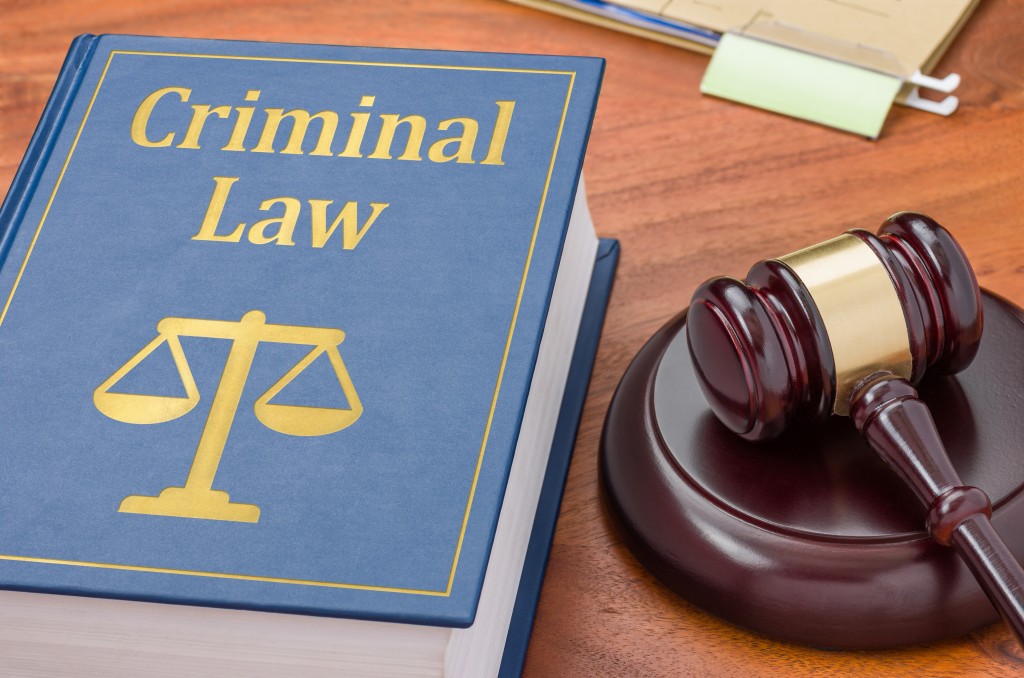Attempting to cause or inflicting bodily harm on someone else is legally considered assault. There are different forms of assault, and these include domestic and sexual assault, negligent homicide, and murder. For most people, more so for those in a close relationship, assault other than murder or homicide is a minor issue.
An assault charge is, however, one of the most serious ones you can face and attracts various hefty penalties. As such, if you are wrongly accused of assault, your first call when arrested for it should be to contact a defense attorney or assault one from Kent or other nearby areas. You should not attempt to explain anything to the authorities until you have a lawyer present because anything you say might be taken against you. Lawyers can advise you on what actions to take or words to say when being questioned.
Also, the following are some of the defenses an attorney might employ to get you off the hook or defend you from the charges:
Consent
The burden of proof lies on the prosecution. They have to prove that the plaintiff didn’t approve of your use of force. This defense is, however, tricky since there is a constitutional limit to permissible bodily harm. Consent as a defense will hence not apply in cases where the applied force has resulted in serious bodily injury on the plaintiff. However, if it is proven that there was consent on the part of the accuser, then it can be said that no assault occurred.
Self-Defense
You are justified to use reasonable force to defend yourself in the face of assault as long as your goal is not to cause grievous harm or death. To use self-defense, you should prove beyond doubt that you acted reasonably to the force used by the plaintiff. For example, you can show that the accuser meant to cause you injury enough to be considered fatal. Your actions’ sensibility in self-defense depends on your role in the incident and your and the plaintiff’s physical capabilities.
Accident

This defense will apply if you can prove that the events that led to your arrest were unforeseeable. Intent becomes the most vital part of the case. For instance, the injuries on the plaintiff came from your actions during an argument. However, you did not intend to cause harm, severe or not, on them. The actions should hence occur unexpectedly and outside the usual course of events. This defense is, unfortunately, the hardest to prove because it is challenging to search for reliable evidence to show that your intent was not to cause any injuries or harm.
The circumstances surrounding each assault case are different; hence, the actions or defenses to be taken can vary each time. Your attorney will thus first evaluate those in your case and recommend the ideal one for you. It might take time to get you an acquittal. But with the right attorney, you can be assured of one that will save you from the wrongly accused charges.

